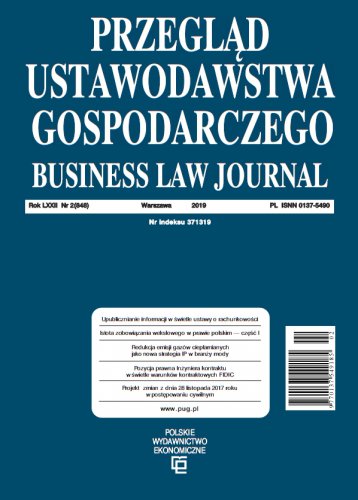Massive social spending programs embarked by the Government of Poland after 2015 generated pressures to improve tax collection. On top of the well-publicized campaign aimed at narrowing substantial 'VAT gap', fiscal authorities announced substantial progress in countering CIT avoidance, including international profits shifting. Indeed, over the 2016–2019 period nominal CIT revenues — stagnating for previous four years — increased by nearly 50% (from 1.4% to 1.7% of GDP). The purpose of this article is to examine the reasons for the increase in CIT revenues using the analysis of aggregated statistical data, including a set of data on 'large' CIT taxpayers (over EUR 50 million in revenues). The analysis shows that before 2019 the improvement was a micro- rather than macroeconomic effect, with just 30 companies accounting for almost 40% of the net effect. Moreover, those 30 companies were hardly the paragons of international CIT avoidance — for example, the group included the largest State Owned Enterprises (SOE). On the contrary, in 2019 improved CIT collection was achieved by the small and medium taxpayers. All in all, the obtained results suggest that there are no reasons for complacency, as the problem of CIT avoidance by multinationals remains unsolved.
Keywords: CIT; tax; tax avoidance

